Brave stand tide head, listen to the legend of Foshan
The successful Beijing Summit of the Seventh Forum on China-Africa Cooperation held in September this year has encouraged more and more Chinese enterprises to expand investment in Africa. But the Boda Group began to explore the African market as early as 1999.
For nearly 20 years, Boda has sent a batch of employees to this remote, mysterious, and tempting tropical continent to facilitate the trade between China and Africa.
Africa is a hot spot on the global economic map. Over the past decade, it has become the fastest growing economy outside of China and Southeast Asia, with growth rates of 4-6% in most years. According to a 2017 McKinsey report, there are more than 10,000 Chinese companies operating in Africa.
Unlike other Chinese enterprises that have come to Africa to invest and look for business opportunities, as one of the earliest African market nuggets, this low-key Foshan enterprise not only achieved the first market share of Tanzania ceramics, but also became one of the few private enterprises that invested and built factories in Africa. After the four factories launched in 2017 were put into operation smoothly, This year, the construction of a laundry detergent factory in Tanzania was launched.
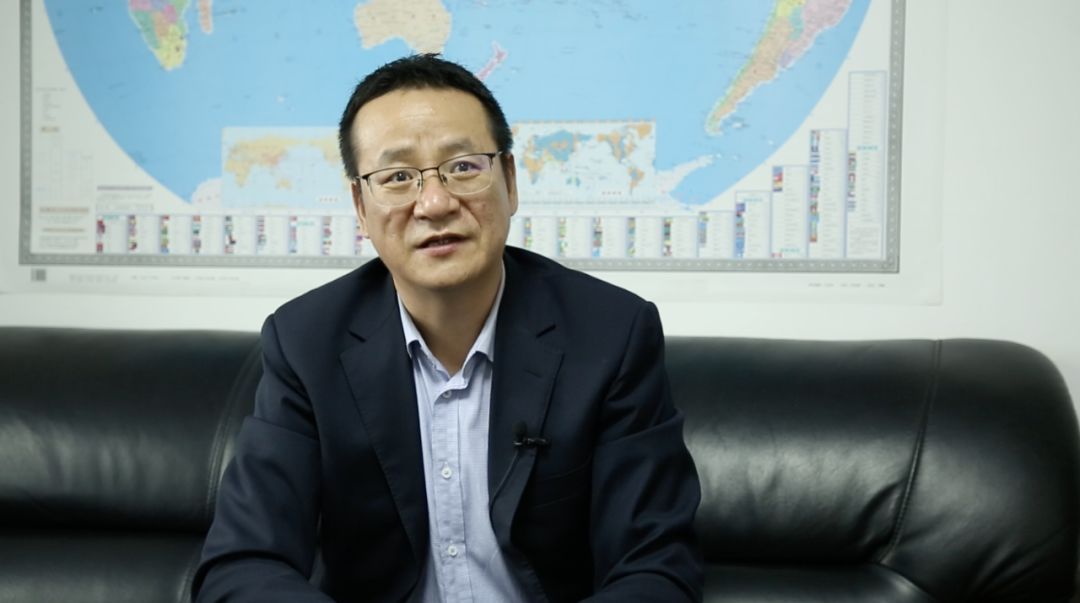
Lu Moudu, vice president of Boda Group, said that Boda has become a leading enterprise in East and South Africa, and will further explore the market in other African countries.
The unexpected discovery of the road to gold
Wang Lixin, the founder of Boda Group, first landed in Africa in 1999. That year, he took two containers full of western medicine to Tanzania to seek development. Unexpectedly, the goods have just gone to sea, and the local regulations have been introduced that the import of drugs must first apply for a license. The goods were already at sea, and it was too late to apply for a permit. As soon as they arrived at the port, they confiscated all the goods.
Wang Lixin gritted his teeth and decided to fight, insist on staying to fight the lawsuit, and try his best to recover his losses. The case was eventually won a year later, but the two containers had already been distributed.
In this year, Wang Lixin started market research and found that the country's infrastructure was backward and lacked materials.
For Wang Lixin, who has been engaged in ceramic trade for a long time in China, huge profit margins are hidden in Tanzania's almost blank building materials ceramics market. So he imported building materials and ceramics from Foshan and sold them in Tanzania, making this country the source of his entrepreneurial wealth.
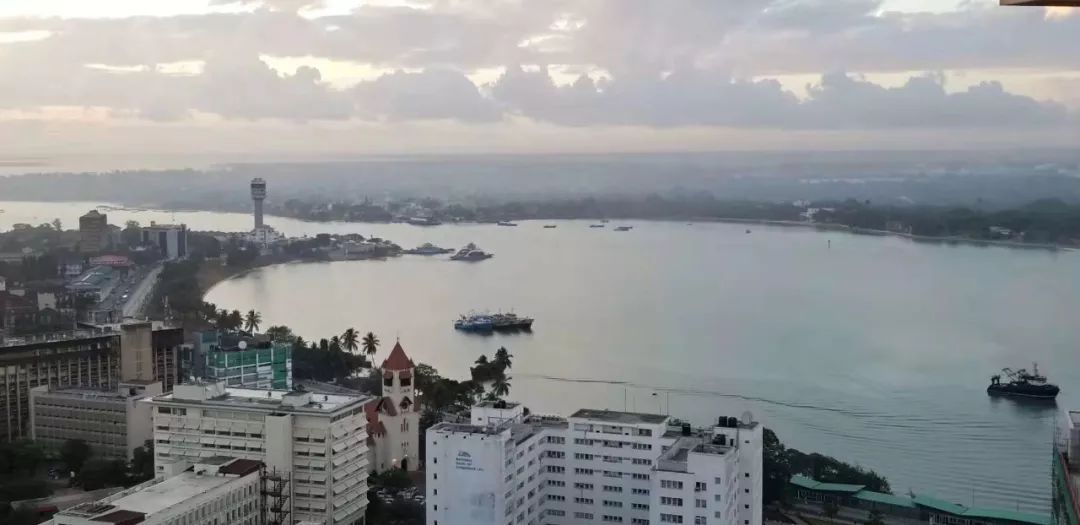
Dar es Salaam port looking out from the office of Wang Pan, a Tanzanian employee
To open up the market is never an easy thing, when Boda was just established, the boss and foreign trade staff are only Wang Lixin. Without any network and customer base, Wang Lixin personally pulls customers from the door. From the construction site to the store, and then to the ordinary household, he knocked on the door to the end consumer, directly asked whether the need for ceramic building materials products.
With the continuous expansion of the ceramic trade business with Buddha, Boda Group officially established a company in Tanzania, and set up retail and wholesale outlets overseas, specializing in developing building materials trade business, and finally achieved the first market share of Tanzania ceramics, in 2016 established a factory with the largest ceramic production line in East Africa, and brought tens of millions of dollars of tax revenue to the Tanzanian government. It will provide 1,500 direct jobs and 3,000 indirect jobs for the local people.
The cost of labor, land and other factors is rising, driving Boda from pure trade to build factories in the local production, in Lv Mou Du's view, Boda is not only a business, he hopes to become a platform for connecting China-Africa trade.
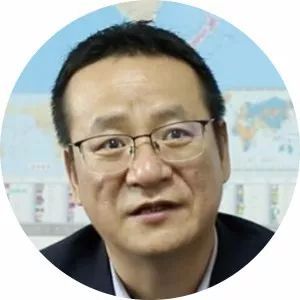
Lv Mou Du
In fact, it is a bridge between China and Africa, and it is essentially this position that we do this region, and we want to deepen our efforts in this region to achieve smoother trade between China and Africa.
Treat African employees like family
Dar es Salaam is the economic, political and cultural center of Tanzania, where Boda's branch in Tanzania is set up, which is the main foothold of the company's Chinese employees. Five years ago, Wang Pan, who just graduated, joined Boda and was sent to Boda's branch in Tanzania to engage in customs clearance business. Wang Pan's office offers a stunning view of the East African coast. At the port of Dar es Salaam, vehicles are busy collecting and distributing supplies.
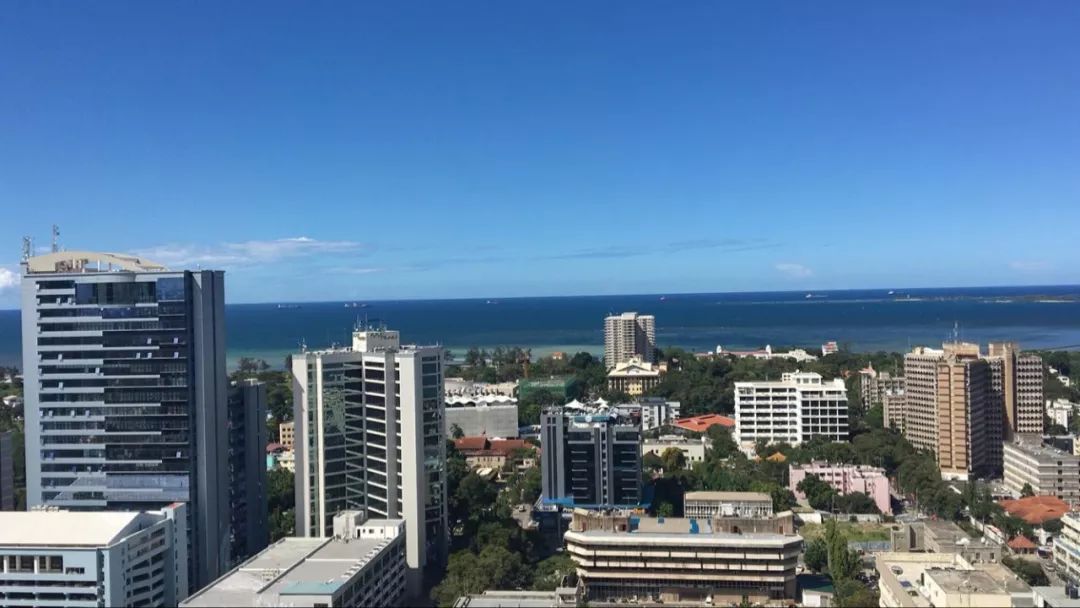
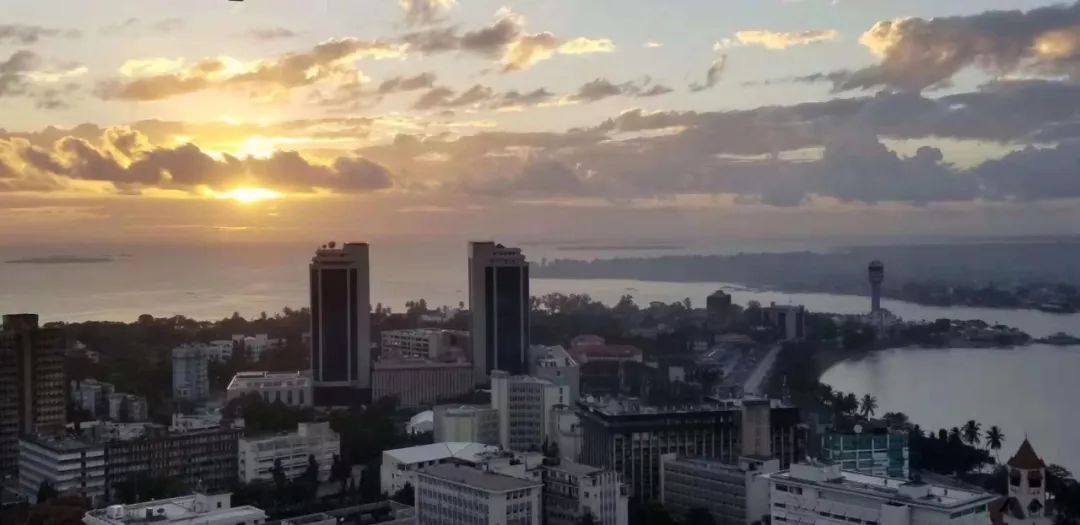
△ The scenery outside Boda branch in Tanzania, different times have different scenery
In addition to Tanzania, Boda has offices in South Africa, Kenya, Mozambique and Ethiopia, and new employees are sent to these countries every year
。
At that time, the development of the African market is not only a Boda, Lv Mou Du believes that Boda in Africa can adhere to more than 10 years and success, an important reason is the "home culture" corporate culture, so that Chinese and African employees can coexist harmoniously, so that local employees realize their value.
Every year from July to September, Boda will organize activities for Chinese and African employees to participate together and feel the atmosphere of family.
At present, Boda has more than 1,800 employees in Africa, of which 80% are local workers. Local employees have a better understanding of the local market and needs, and as long as they are willing to work hard, the sales performance is often better than that of Chinese employees. Boda branch in Tanzania has such an African employee, smart and hard-working.
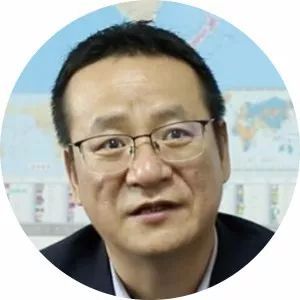
Lv Mou Du
In order to reduce the cost of the company, he always volunteered to work overtime, not for a while, but for the whole night. Although we paid for the overtime, his conscious working attitude was a sense of responsibility.
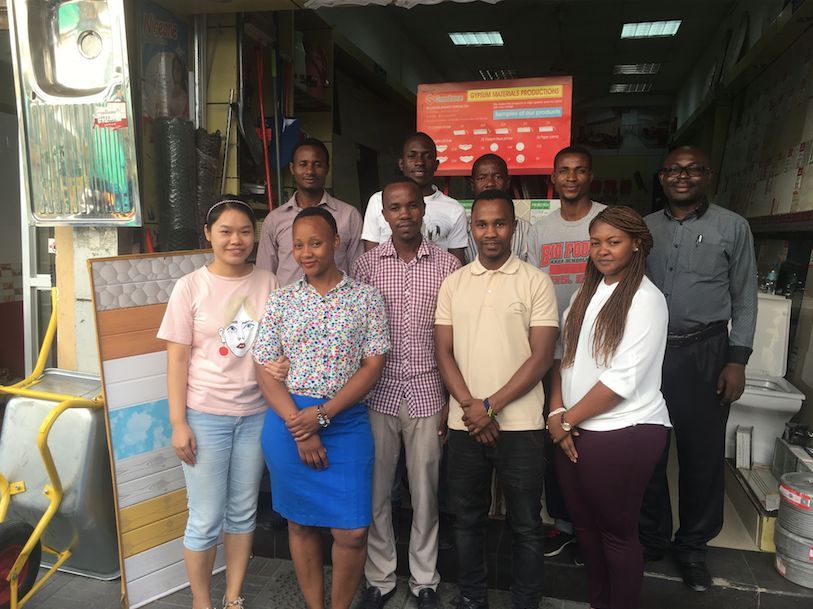
Chinese employees of Boda are with African employees
Because of the more contact with local African employees, enterprises and Chinese employees have absolute trust in African employees.
Lv Mou Du
Our corporate culture is home culture. We trust and treat local employees like family, so that they have a sense of belonging to Boda, and can create value for the company.
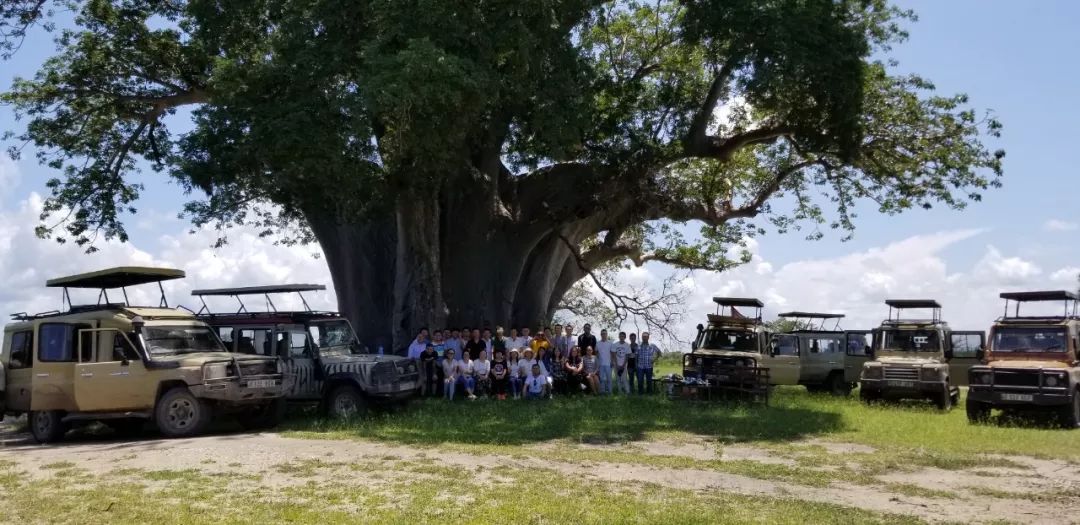

Chinese employees also organize group activities outside of work
Expand the territory and lead Buddhist enterprises to explore Africa
Data from the Guangdong Branch of the General Administration of Customs show that in 2017, the import and export volume of Guangdong's foreign trade to Africa was 249.93 billion yuan. Data from the provincial Department of Commerce show that by the end of 2017, Guangdong had set up a total of 244 overseas enterprises in Africa. The successful holding of the 2018 Beijing Summit of the Forum on China-Africa Cooperation (FOCAC) on September 3 and 4 has made more and more enterprises look to Africa.
In the face of predictably fierce competition, Lu Moudu is calm. In his view, Boda's strict talent training program and solid market channel resources lay a solid foundation for future development. Every year, Boda recruits fresh graduates, spends half a year on intensive and rigorous management skills training, and then sends them to Africa to take up management positions on their own.
"Execution is the most important competitiveness of our company," Lu Moudu said: "After half a year of training, these newly graduated students will go to Africa, independently manage stores, workers, and even one person will be fully responsible for the annual sales of a certain product in a region of 50 million, because only high efficiency and strong execution can quickly seize the local market in the early stage."
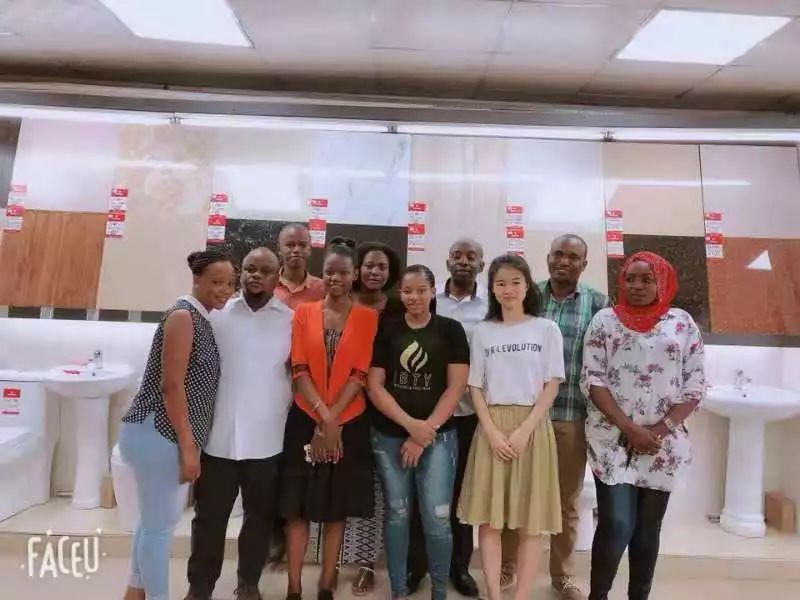
After six months of management training at home, Chinese employees will soon go to Africa to work on their own
In 2018, Boda entered Ethiopia and re-expanded its territory. In August, the newly trained Chinese sales director has been sent to Ethiopia, and the local branch has officially started. With high efficiency and strong execution, Boda will continue to develop more African countries in the future.
According to the latest data of Foshan Customs, from January to July this year, Foshan's foreign trade to Africa performed better, achieving a total import and export value of 34.72 billion yuan, an increase of 6.1%. With this volume of foreign trade alone, Africa is enough to rank among the top three foreign trade partners of Foshan.
In addition to the steady implementation of the expansion strategy, for the African market, Boda is from fighting alone to overseas group, for more Chinese enterprises, especially Foshan entrepreneurs, to build a "bridge" of communication with Africa.
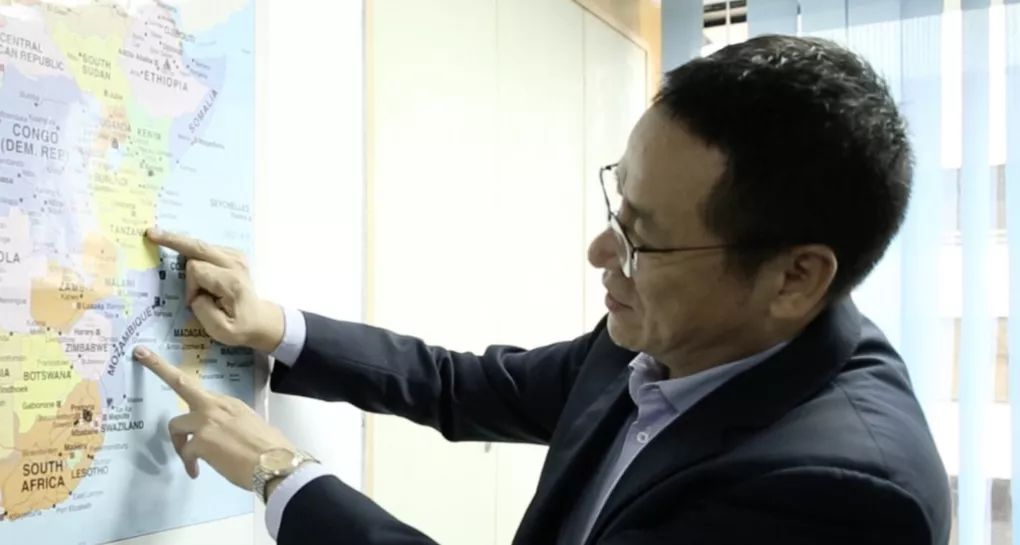
At present, Boda is building 2,000 square meters of exhibition halls in Tanzania and South Africa, preparing for the Foshan pan-household brand product exhibition experience hall, and preparing for the 50 Foshan enterprises to show in Africa at the end of December, when the Foshan enterprises will join together to participate in the one-year exhibition, and concentrate on showing the brand and strength of Foshan enterprises to African countries.
Special thanks
This article is supported by Foshan Council for the Promotion of International Trade











